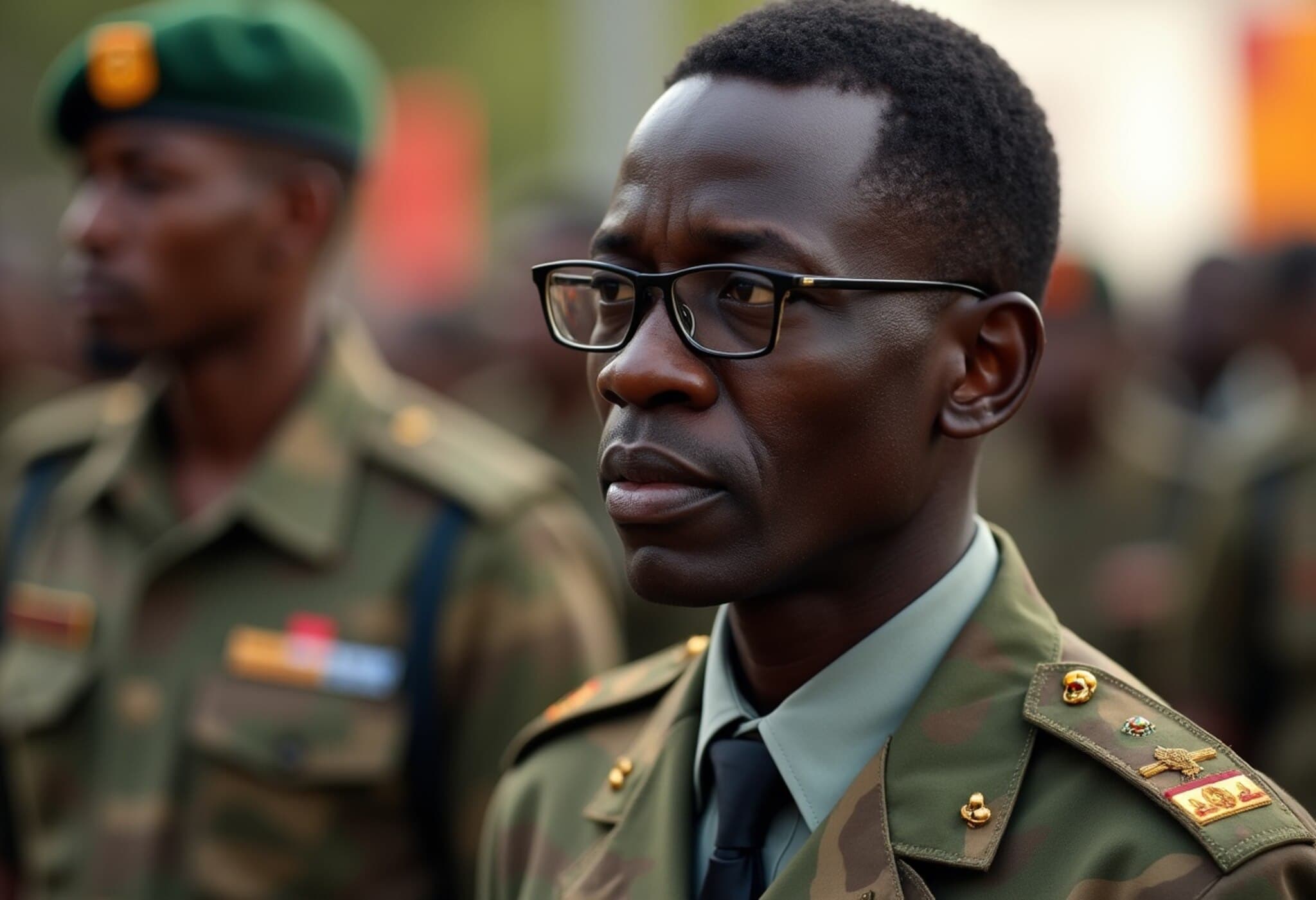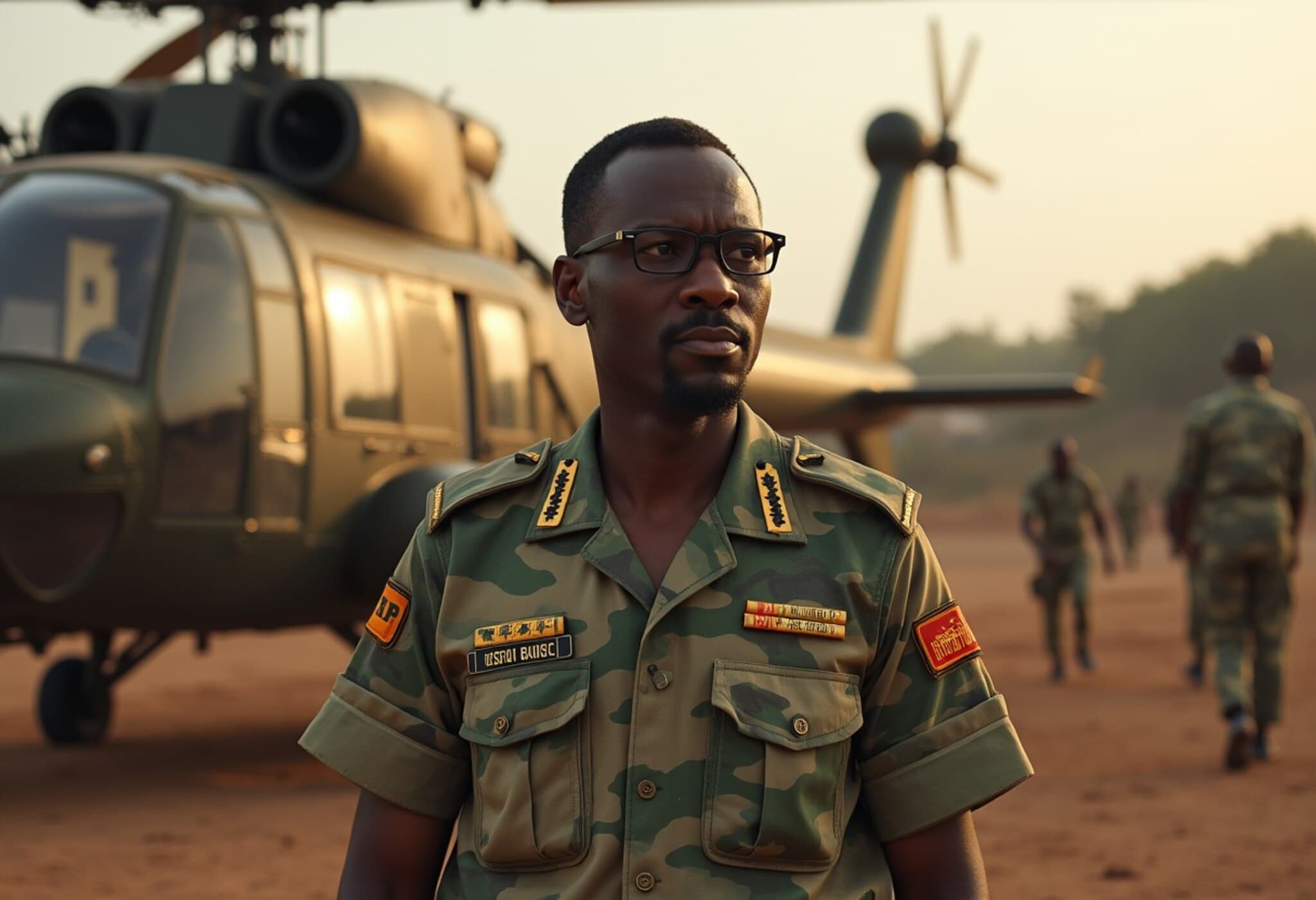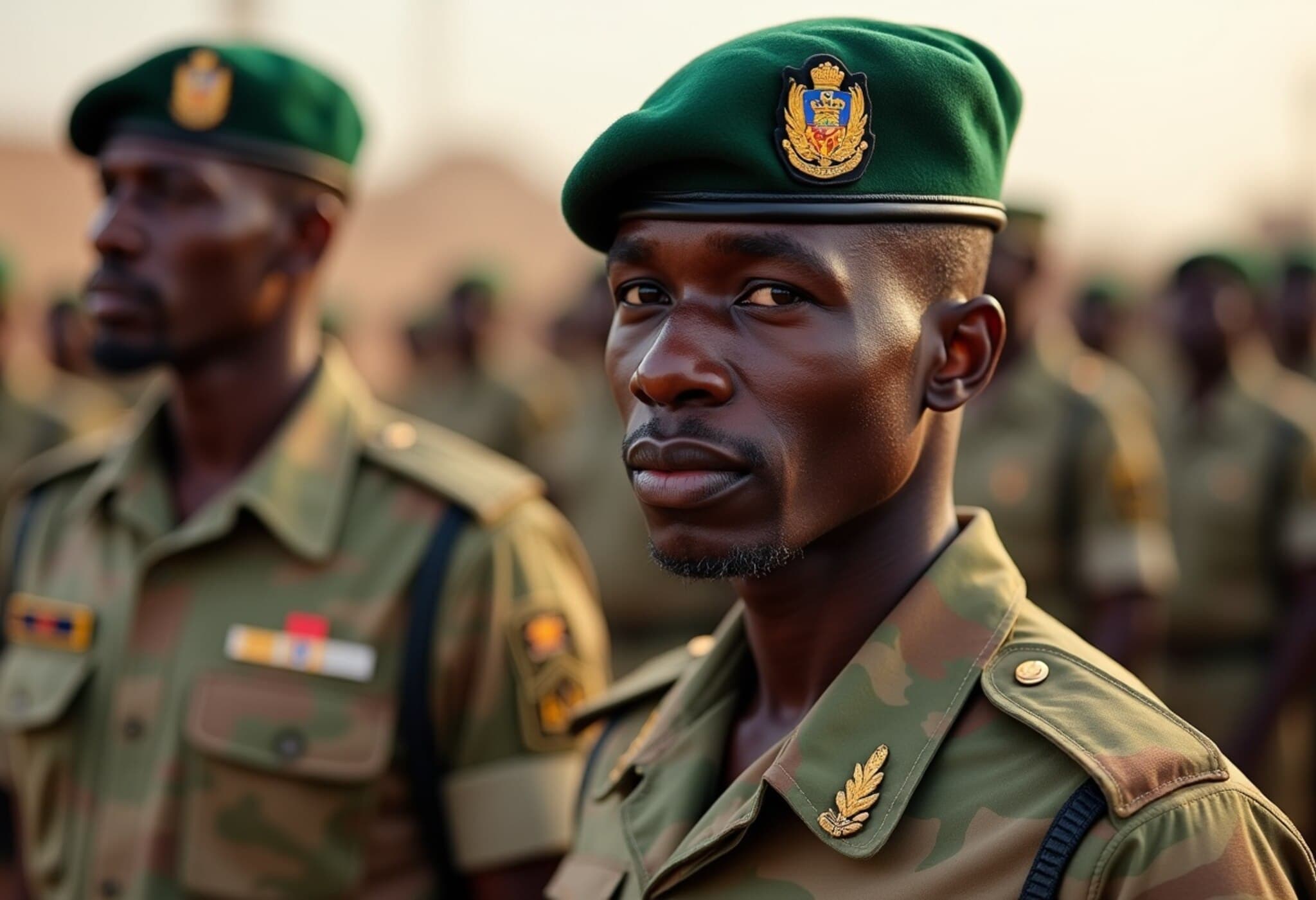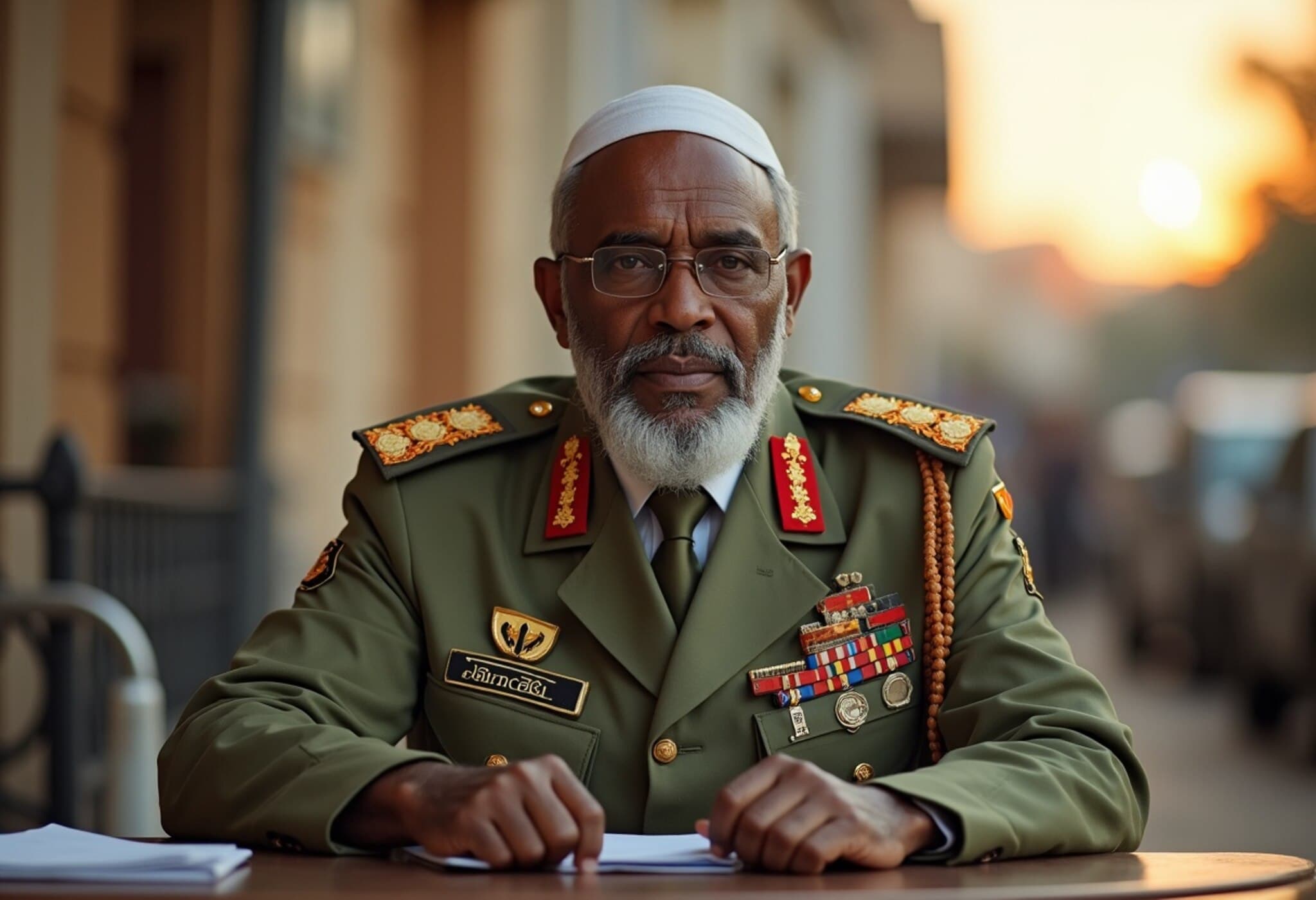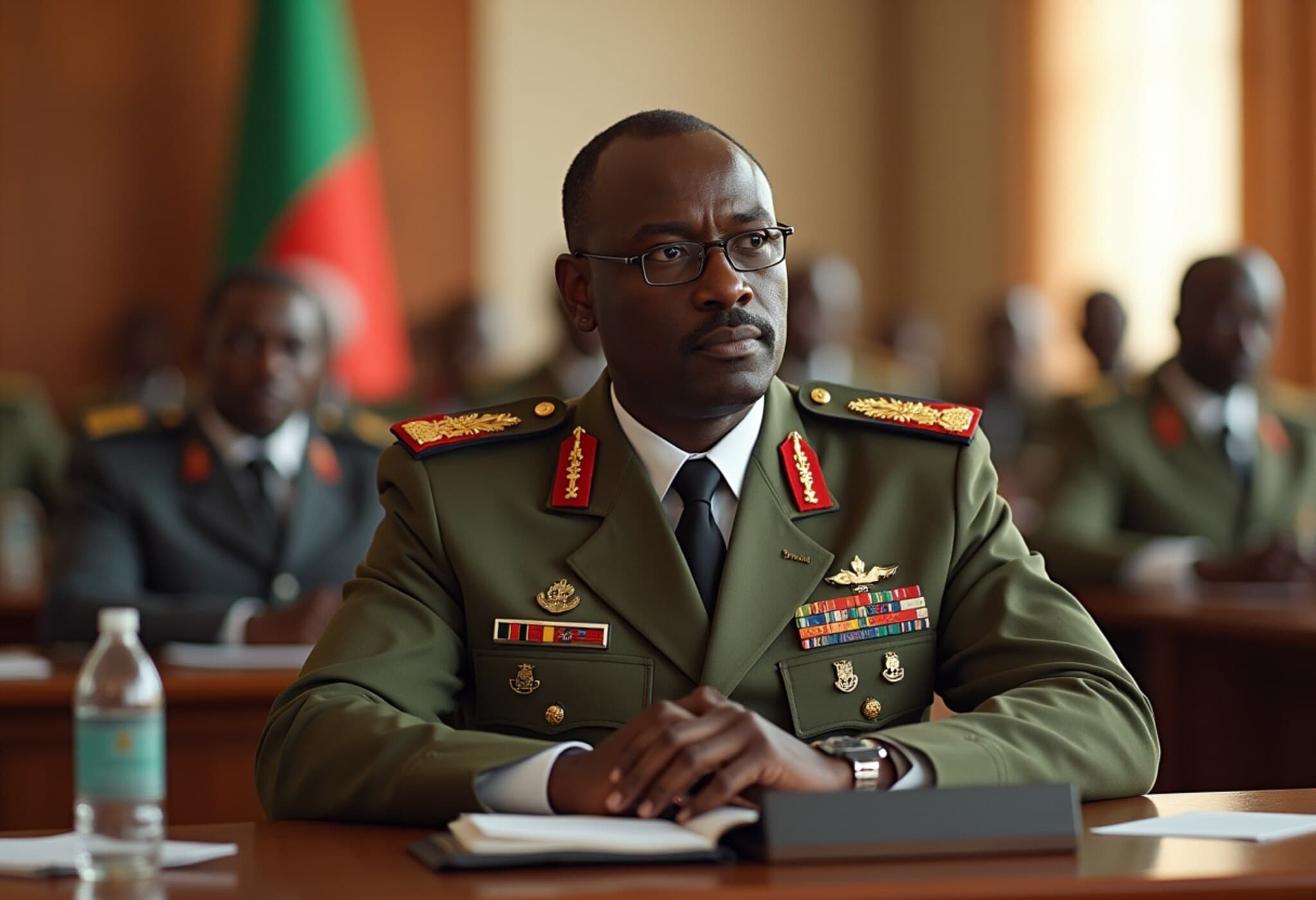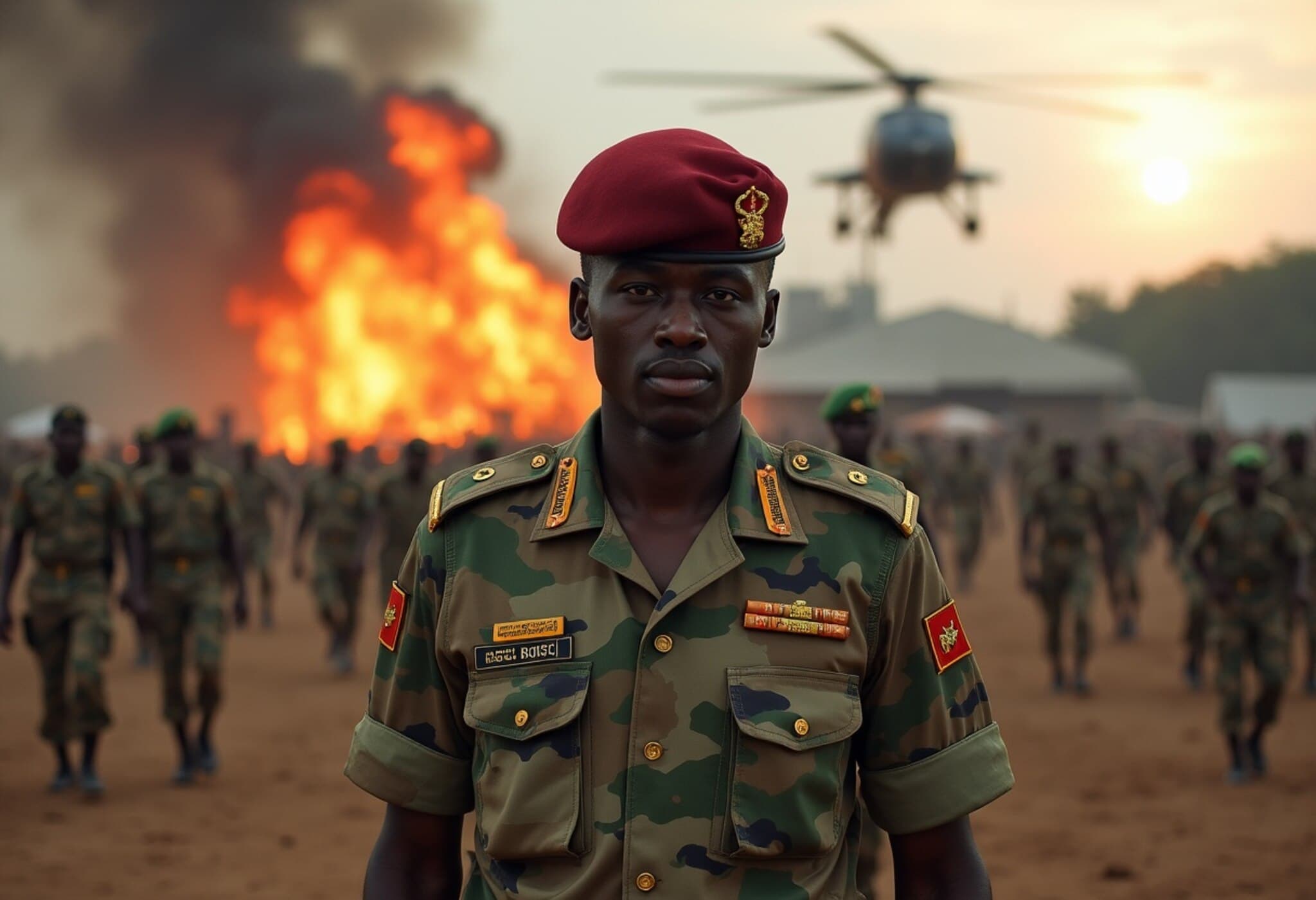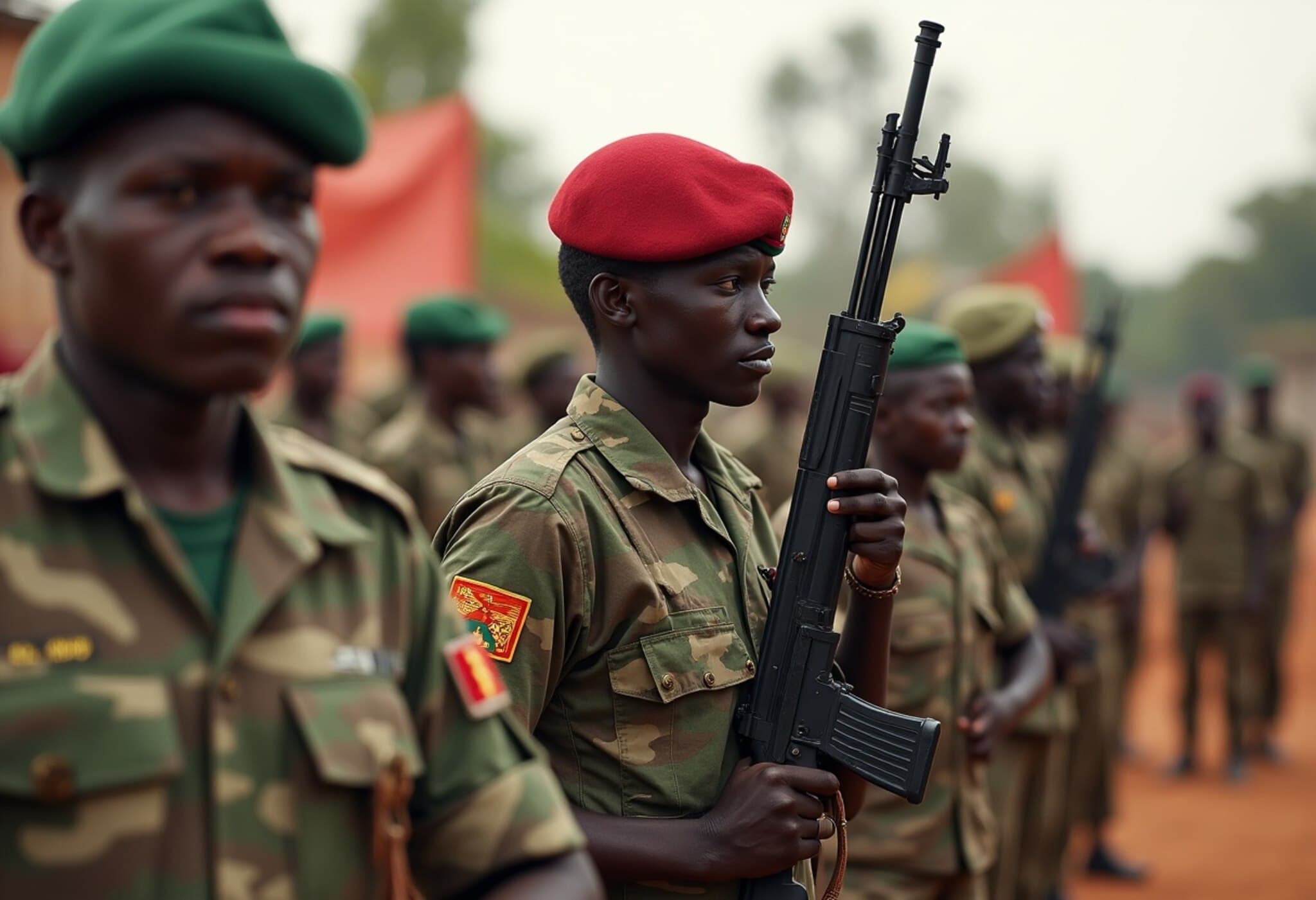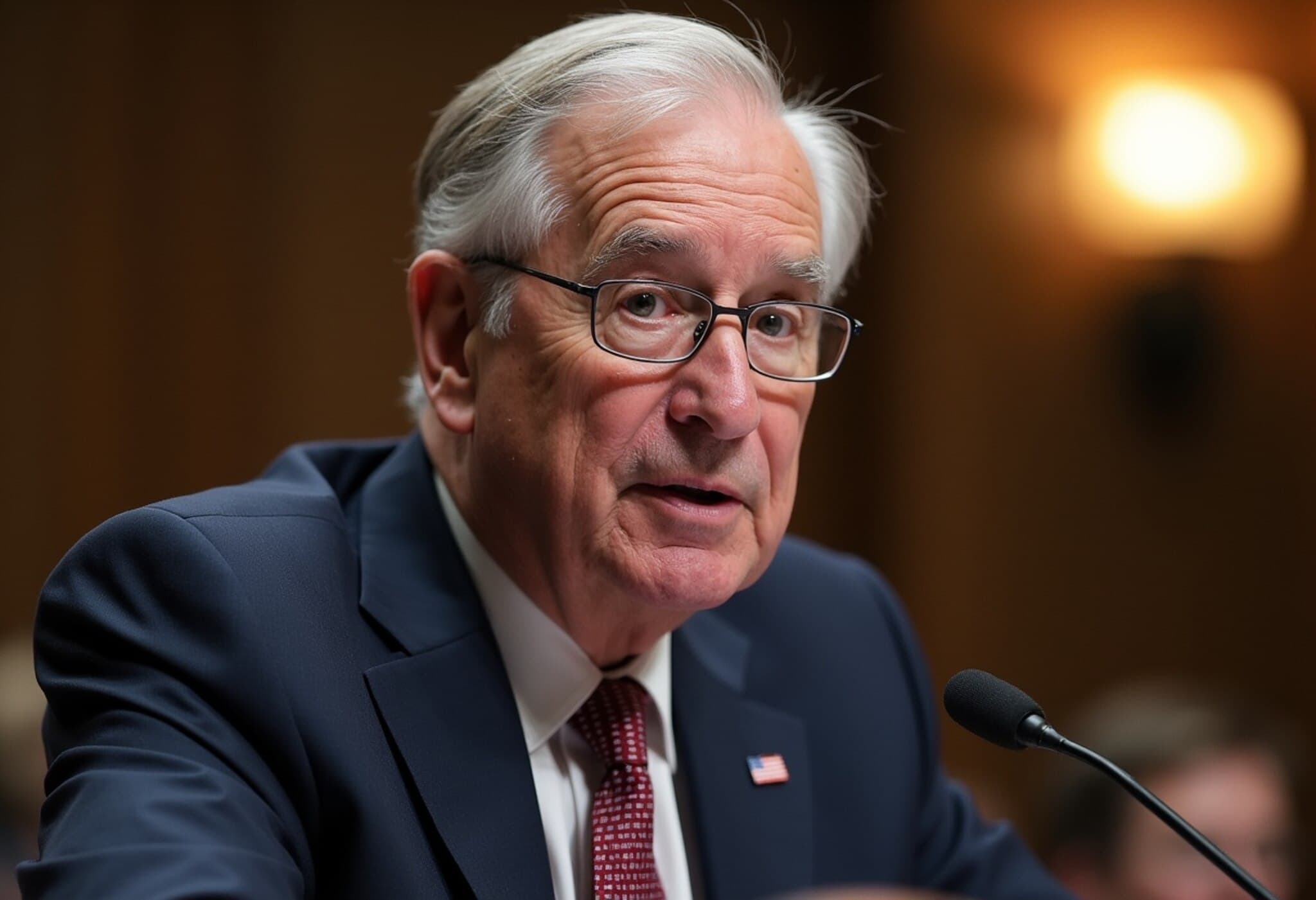DR Congo Military Prosecutor Demands Death Penalty for Former President Joseph Kabila
In a dramatic escalation of political tensions in the Democratic Republic of Congo (DRC), a military prosecutor has called for the death sentence against former President Joseph Kabila, currently on trial in absentia for treason and serious war crimes. The trial, unfolding amid a backdrop of ongoing conflict and political instability in the eastern DRC, highlights deep fractures within the country’s fragile governance.
Charges Stem from Alleged Support to Rebel Group M23
General Lucien Rene Likulia, leading the military prosecution, urged the court to sentence Kabila to death, citing grave accusations including war crimes, treason, and incitement to insurgency. The former president, who ruled the DRC from 2001 until 2019, is accused of backing the M23 rebel militia, a faction known for seizing significant territories in the resource-abundant eastern provinces.
According to the prosecution, Kabila facilitated support for the M23 rebels—deemed a terror group by many—as part of a broader conspiracy with Rwanda to forcibly overthrow the current government led by President Felix Tshisekedi.
Political Context and Historical Underpinnings
Kabila’s relationship with the eastern region is complex. In May, he visited the city of Goma — the epicenter of conflict where M23 fighters briefly controlled territory — and met with local religious leaders alongside the group’s spokesman, Lawrence Kanyuka, signaling his ongoing influence in the volatile region despite his absence from Congolese soil since 2023.
Since Kabila's departure, the DRC has struggled with resurgent violence, particularly fueled by armed groups competing for control over the mineral-rich provinces of North and South Kivu. The resurgence of M23 in 2021 has further destabilized the region, exacerbating humanitarian suffering and political uncertainty.
Contested Allegations and Regional Implications
- The charge sheet links Kabila to atrocities in eastern DRC and accuses him of orchestrating the "forcible occupation of Goma" by M23 forces in January.
- Rwanda denies direct military involvement with M23, although United Nations experts and international observers have noted critical support, adding layers of complexity to regional diplomacy.
- The Congo River Alliance (AFC), M23's political wing, is also tied to Kabila, intensifying allegations that the former president remains a shadow power broker within Congolese politics.
While Kabila and his allies have dismissed the trial as politically motivated persecution, President Tshisekedi has openly blamed him for fomenting armed rebellion and destabilizing the nation.
The Death Penalty Debate and Legal Implications
The DRC’s recent lifting of its moratorium on the death penalty marks a significant shift in judicial policy, though actual execution has yet to be carried out. This move raises important questions about human rights and the rule of law in a country already grappling with systemic judicial challenges.
International observers caution that a death sentence against a former head of state, especially amid politically charged prosecutions, could deepen divisions and complicate prospects for reconciliation.
Expert Perspective: The Trial’s Broader Significance
From a policy analysis standpoint, Kabila’s trial reflects the persistent entanglement of political power and armed conflict in Central Africa. The allegations underscore the fragile nature of governance where former leaders maintain influence outside official channels, sometimes through alliances with militias.
Moreover, this case exemplifies the tensions between transitional justice and political vendettas, where courts can become arenas not only for adjudicating justice but also for settling political scores — a dynamic that risks undermining long-term stability.
Editor’s Note
The unfolding trial of Joseph Kabila invites the international community and Congolese citizens alike to reflect on the complex interplay of justice, politics, and peacebuilding in the DRC. Will this legal proceeding foster accountability and deter armed rebellion, or will it further entrench political fractures? As the region watches closely, the verdict could affect not only the trajectory of Congolese governance but also the broader quest for lasting peace in the Great Lakes region.

